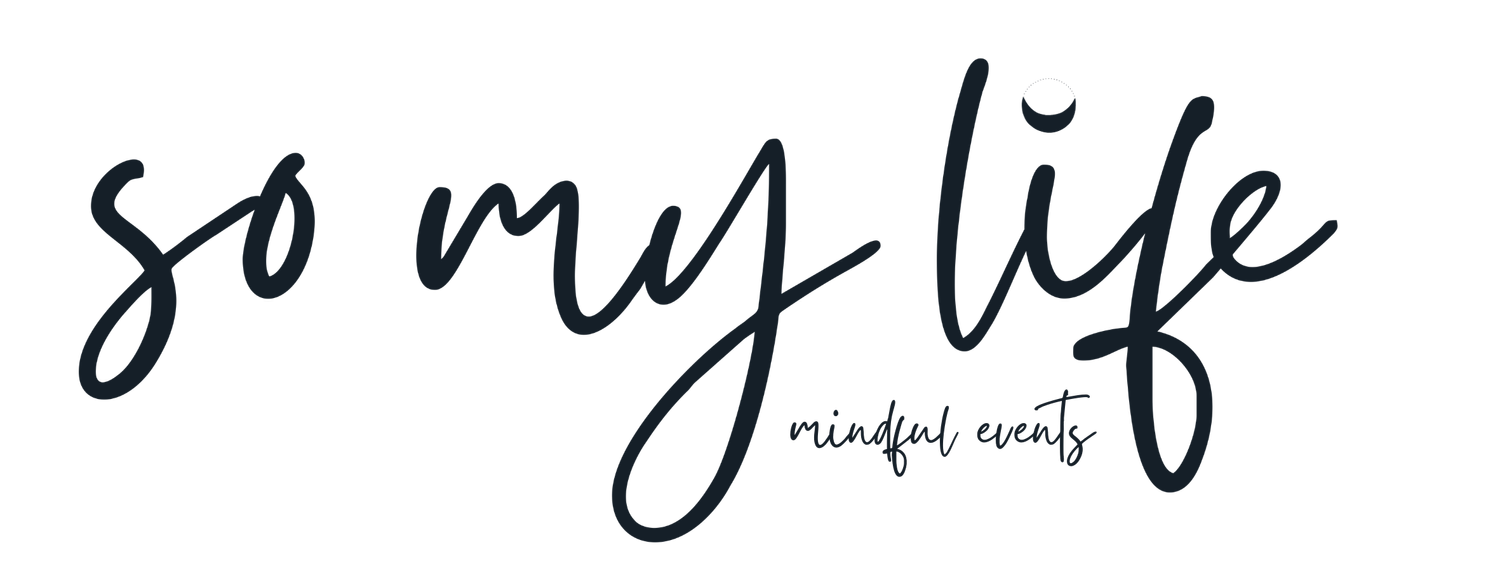The teaching of the three sieves
We live in a world in which millions of news items reach us every day. Through social media, TV, radio and our fellow human beings, many news items are sold to us as completely vital. Some we consciously recognise, some we enjoy, most are forced upon us.
Let's be honest ... the vast majority of unconsciously received input is absolutely irrelevant to us.
We learn about things that we can't influence anyway, that consist more of gossip and that are of little importance for our further development. And despite the fact that these millions of news items have nothing to do with us, we let them get very close to us. They haunt our minds and won't let us go.
An endless loop begins in which feelings develop from our unconscious thoughts. These unconsciously generated thoughts are usually rather negative and often fuel fears, envy, grief and anger. Too many of these strong feelings, which like everything else are a form of energy, make themselves at home in our lives. We fill our bodies with life. We decide what quality. Sooner or later, the concentrated energy that we absorb every day manifests itself in our bodies. In very different ways.
Positive thoughts and feelings make us glow, feel alive and full of creativity. Our body is filled with love and joy. It remains healthy and full of vigour.
Negative thoughts and feelings have the opposite effect. So physical complaints don't really arise for no reason. We usually contribute a large part to this unconsciously.
What a long introduction ... and here is an interesting thought on the subject, which is probably not mine, but that of Socrates. This is the doctrine of the three sieves.
One of his pupils came running to the wise Socrates and said: "Listen, Socrates, I have to tell you this."
"Stop," the wise man interrupted him. "Have you sifted what you want to tell me through the three sieves?"
"Three sieves?" the pupil asked in amazement.
"Yes, good friend. Let's see if what you want to tell me passes through the three sieves. The first is the truth. Have you checked whether what you want to tell me is really true?"
"No, I heard someone tell it and..."
"That's right. But surely you checked it in the second sieve. This is the one of kindness. Is what you want to tell me good?"
The pupil hesitantly said: "No, on the contrary ...".
"I see," the wise man interrupted him, "so let's use the third sieve. Is it really necessary for you to tell me? Do I really need to know?"
"No, it's not really important or necessary ...".
Socrates continued with a smile: "If your news is neither true, nor good, nor necessary, don't bother and don't concern yourself with it any further and let's go for a quiet walk and admire nature."
It is probably utopian to scrutinise everything we hear or say through the three sieves, but perhaps we should at least try to question.
Always covering our ears & not talking to anyone is certainly not the solution. However, we can think carefully about what we tell whom, whether it is actually true, good and necessary. Because what we say can have a big impact on our counterpart without us having consciously planned it that way. Words have great power. Thoughts and feelings are created and the cycle begins. We should be aware of this.
Anything is possible.
Alicja

